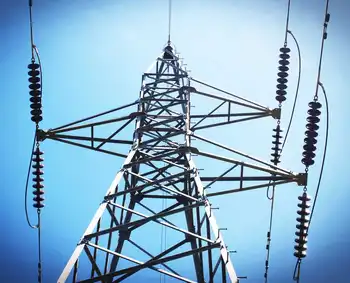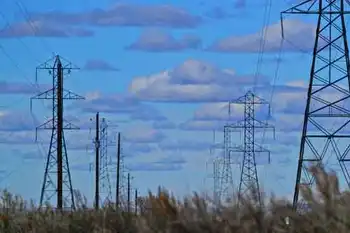Georgia court cites carbon in coal-plant ruling
By Reuters
NFPA 70e Training - Arc Flash
Our customized live online or in‑person group training can be delivered to your staff at your location.

- Live Online
- 6 hours Instructor-led
- Group Training Available
An environmental group immediately praised the decision, predicting it would lead to reconsideration of many coal-fired power plants under development in the country.
The order, from Fulton County Superior Court Judge Thelma Wyatt Cummings Moore, reversed an air permit issued earlier this year by the Georgia Department of Natural Resources to Longleaf Energy Resources, a joint venture of Houston-based Dynegy Inc and LS Power Group.
The judge disagreed with regulators' action to reject carbon dioxide as a pollutant that is subject to regulation under the Clean Air Act, citing a 2007 U.S. Supreme Court decision.
In that order, the Supreme Court said carbon dioxide is a pollutant under the existing federal law.
A Dynegy spokesman said the company was reviewing the ruling and had no comment on the future of the project, a traditional, pulverized coal plant to be built in Early County, Georgia.
The Sierra Club, which is fighting construction of many new coal plants, along with Friends of the Chattahoochee Inc, challenged the Longleaf air permit, which put no restrictions on the expected emissions of 8-million-plus tons of carbon dioxide.
"This is the first court of any stripe to interpret the Supreme Court's ruling as it applies to coal-burning power plants," said Bruce Nilles, director of the Sierra Club's national coal campaign.
Nilles likened the importance of the Georgia court ruling to Kansas Governor Kathleen Sebelius' decision last year to reject a new coal plant in that state on grounds that global warming is a public health threat.
"In one swift decision, it changes the debate around global warming regulation in the United States because it now means that every coal plant has to consider its CO2 impacts," Nilles said.
The Sierra Club hopes the ruling will accelerate the debate to create a strong federal bill to protect the climate, Nilles said.











